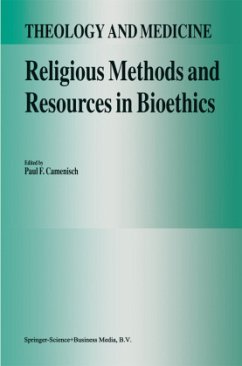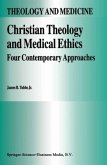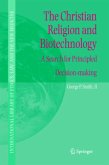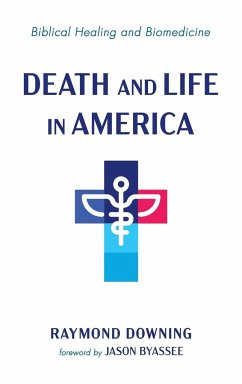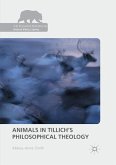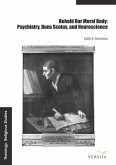A volume on religious/theological methods in biomedical ethics inevitably of whether the methodological dimension can be distin raises the question guished from the various other things that go on in ethical discourse. It is difficult to answer this question definitively since many elements in moral conversation can be interpreted in different ways. Barbara Hilkert Andolsen illustrates this issue in this volume when she defines one of her crucial cate gories, gender justice, as being both procedural and substantive/normative. This difficulty of finally separating the methodological from the normative arises in many areas of contemporary ethical writing, both feminist and otherwise. Nevertheless, it seems that in many cases we can separate out the method ological issues with considerable precision. Albert Jonsen and James Childress achieve just such a sharp focus in their essays. This does not mean that a careful dissecting of their papers would not reveal normative elements lurking about their methodological points. It is simply to say that the issues they analyze and the positions they take are, at least prima facie, overwhelmingly method ological. They are much more about how we think about ethical matters than they are about what we think about them.
Bitte wählen Sie Ihr Anliegen aus.
Rechnungen
Retourenschein anfordern
Bestellstatus
Storno

